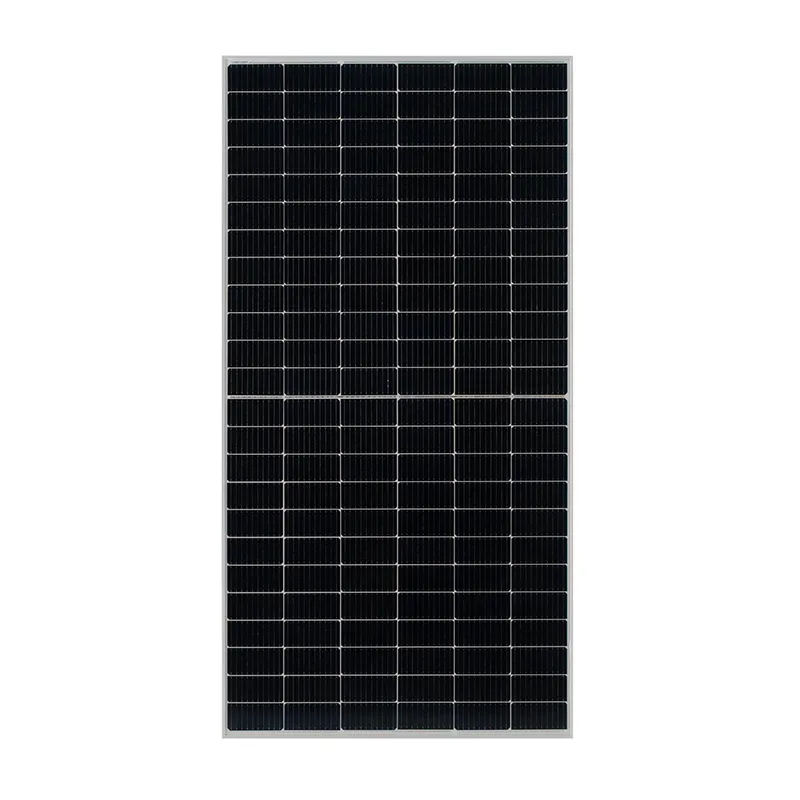hybrid solar
Harnessing the Power of Hybrid Solar Systems
The quest for sustainable energy solutions has taken center stage in recent years, leading to an increased interest in hybrid solar systems. These innovative systems combine solar energy with other power sources, such as wind or fossil fuels, to optimize energy production, increase reliability, and reduce environmental impact. In this article, we will explore the components of hybrid solar systems, their benefits, and the potential challenges they may face.
Understanding Hybrid Solar Systems
At its core, a hybrid solar system integrates solar photovoltaic (PV) panels with an additional energy source. This can include traditional generators, battery storage systems, or renewable sources like wind turbines. The primary goal of such a system is to ensure that energy generation is as efficient as possible, maximizing the use of renewable resources while maintaining a steady energy supply.
For example, during the day when solar energy is abundant, the solar panels generate electricity and can supply power directly to homes or businesses. Any surplus energy can be stored in batteries for use at night or during periods of low solar production. If the solar output is insufficient, the system can seamlessly switch to the secondary energy source, ensuring that users remain powered regardless of the weather conditions or time of day.
Benefits of Hybrid Solar Systems
1. Increased Reliability One of the primary advantages of hybrid solar systems is their enhanced reliability. By integrating additional power sources, users are less likely to experience power shortages. This is particularly important for locations that may experience intermittent cloud cover or seasonal variations in solar irradiance.
2. Cost-Effectiveness While the initial installation cost of a hybrid system can be higher than that of a standalone solar setup, the long-term savings can be significant. By reducing reliance on fossil fuels and optimizing energy generation, users can lower their utility bills and diminish their carbon footprint. Moreover, some governments offer incentives or subsidies for adopting renewable technologies, which can further mitigate costs.
3. Energy Independence As energy prices continue to fluctuate, many consumers are seeking ways to reduce their dependence on the grid. A hybrid solar system allows users to generate their own energy, decreasing their vulnerability to rising electricity costs and supply disruptions.
4. Environmental Benefits Hybrid solar systems contribute to reducing greenhouse gas emissions by maximizing the use of renewable energy. By decreasing reliance on fossil fuels, these systems help combat climate change and promote a more sustainable planet.
hybrid solar

Challenges of Hybrid Solar Systems
Despite their numerous benefits, hybrid solar systems are not without challenges.
1. Complexity The integration of multiple energy sources can make hybrid systems more complex than traditional solar installations. This complexity may require advanced monitoring systems and more sophisticated controls to manage the energy flow efficiently.
2. Initial Costs Although long-term savings can be substantial, the upfront costs of hybrid systems may deter some users. Additionally, the need for inverters, batteries, or additional generators can increase installation expenses.
3. Space Requirements Hybrid systems can require more space than traditional solar systems due to the need for additional components such as batteries or backup generators. This can be a limitation in urban settings where space is at a premium.
4. Maintenance With more components integrated into the system, maintenance and troubleshooting can be challenges. Users need to be aware of the upkeep required to ensure all parts of the system operate efficiently.
Conclusion
Hybrid solar systems represent a promising avenue toward achieving a sustainable and reliable energy future. By combining solar power with other energy sources, these systems enhance energy security and promote environmental sustainability. However, prospective users should carefully consider the complexity, costs, and maintenance requirements associated with these systems.
As technology continues to advance and the global push for renewable energy intensifies, hybrid solar systems are likely to play an increasingly vital role in our energy landscape. Investing in such systems not only benefits individual users but also contributes to a collective effort to create a greener, more sustainable world. Embracing this innovative approach could be a significant step toward realizing a future where clean energy is accessible to all.
-
Understanding the Advantages of Solar String Inverters for Your Energy SystemNewsApr.29,2025
-
Choosing the Right PV Inverter: A Comprehensive GuideNewsApr.29,2025
-
The Future of Solar Power: Exploring Bifacial Solar PanelsNewsApr.29,2025
-
The Complete Guide to Solar Panels: Efficiency, Cost, And InstallationNewsApr.29,2025
-
The Best Options for Efficiency and Cost-EffectivenessNewsApr.29,2025
-
Harnessing the Power of Off-Grid Solar Inverters for Energy IndependenceNewsApr.29,2025







